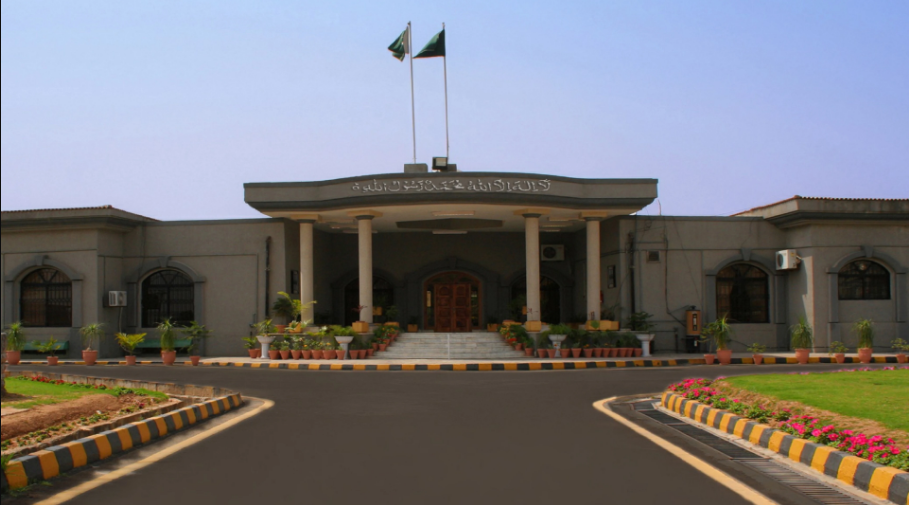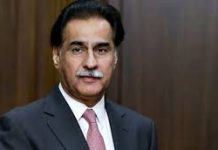Staff Report
ISLAMABAD: In a significant development, the Islamabad High Court (IHC) on Thursday fixed November 21 for hear-ing former prime minister Nawaz Sharif’s appeals challenging his convictions in Avenfield and Al-Azizia graft references upon his return to Pakistan.
As per a notification issued from the registrar of the Islamabad High Court, the hearing is scheduled for November 21, with Chief Justice Aamer Farooq and Justice Miangul Hassan Aurangzeb will hear the appeals filed by the PML-N suprmeo.
This development follows the Islamabad High Court’s reinstatement of appeals filed by Nawaz Sharif against the accountability court’s convictions in the Al-Azizia and Avenfield references upon his return to the country.
Nawaz has been contesting the decisions of the accountability court dating back to 2018.
The upcoming hearing is anticipated to be a pivotal moment in the legal proceedings surrounding the former prime minister’s convictions.
If these convictions are reversed, this may potentially end all legal hurdles, paving way for a smooth ride for the PML-N supremo to file candidature for the grab of National Assembly seat.
If elected, and his party secures majority, he could secure the slot of the country’s premiership for the fourth time.
Nawaz Sharif was convicted in the Avenfield case in July 2018 and the Al-Azizia case in December of the same year.
He was awarded 10-year imprisonment. In October 2019, the IHC had granted him bail on humanitarian grounds and he went to London for medical treatment.
He subsequently filed appeals against his convictions in the IHC.
As a result, an IHC bench led by Justice Farooq dismissed the appeals on June 24, 2021, due to Nawaz’s failure to appear in the case hearings declaring him “proclaimed offender”.
On 26 October, 2023, just days after Nawaz retuned back to the country, where he surrendered be-fore the court to avoid arrest, the National Accountability Bureau (NAB) Prosecutor-General Ehtesham Qadir emphasised the prosecutor’s responsibility not to conceal any evidence favouring the accused. The prosecutor should remain impartial and not be biased toward the accused.
Qadir explained that Nawaz Sharif’s appeals were rejected for his non-appearance, and a permanent arrest warrant was issued in this case.
He added, “This court had directed that when he surrenders, action should be taken according to the law. Now NAB has no objections to the restoration of appeals.”
When Justices Aurangzeb asked the prosecutor if he would present evidence in favour of the verdicts of the accountability courts that found Nawaz guilty of corruption, he replied that in the first phase, he only wanted to state that NAB had no objections to the restoration of appeals.
“If the appeals are reinstated, then we will assess the evidence and take a position in court.” He stated that he and the NAB chairman share the opinion that they have no objection to the reinstatement of the appeals.
In response to a court query about NAB considering the withdrawal of its references against Nawaz, he explained that NAB could not withdraw the references after filing appeals. “A reference can only be withdrawn when an accountability court has not delivered its verdict,” he clarified.
Nawaz’s counsel, Amjad Pervaiz Advocate, pointed out that when the IHC acquitted the PML-N su-preme leader’s co-accused Maryam Nawaz in the Avenfield case, it clarified everyone’s role.



